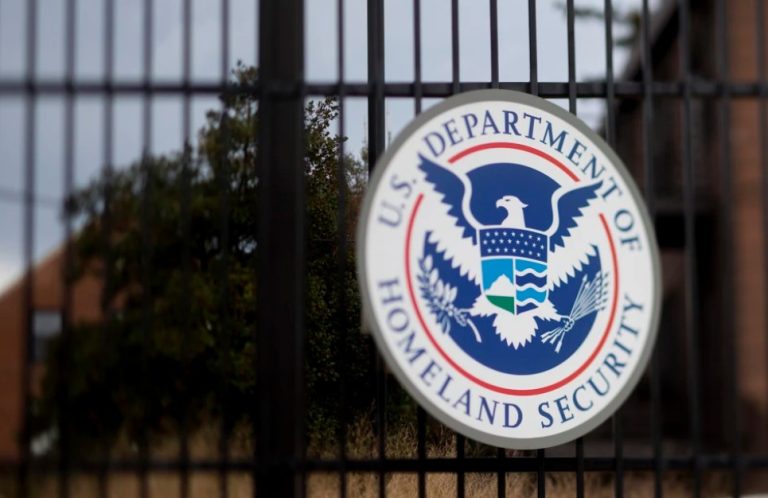In a highly contentious and emotionally charged development, attorneys are clashing with Trump administration officials over the deportation of U.S. citizen children alongside their mothers. The controversy centers on the fate of three young children, aged 2, 4, and 7, who were deported to Honduras despite their American citizenship. The administration insists that the mothers chose to take their children with them, while attorneys argue that the mothers were denied options and due process.
The Deportations in Question
The cases involve three children who were deported alongside their mothers, who were found to be in the United States without legal status. The children, all U.S. citizens, were detained during routine immigration appointments with their mothers. One of the deported children, a 4-year-old boy, has Stage 4 cancer and was sent without access to his medications or doctors. This has raised significant ethical and legal concerns.
Attorneys’ Arguments
Attorneys representing the families argue that the mothers were not given a fair opportunity to decide whether their children should stay in the United States. They claim that Immigration and Customs Enforcement (ICE) denied requests to release the children to caregivers in the U.S., effectively forcing the mothers to take their children with them. The attorneys also state that the mothers were not allowed to communicate with legal representatives or family members, making it impossible to make arrangements for the children’s well-being.
Trump Officials’ Response
Trump officials, including border czar Tom Homan and Secretary of State Marco Rubio, have defended the deportations. Homan argued that the children were not deported but rather went with their mothers by choice. He emphasized that the decision to take the children was made by the parents, not the government. Rubio echoed this sentiment, stating that the children could return to the U.S. if someone assumes custody.
Legal and Ethical Implications
The controversy has sparked a broader debate about the treatment of mixed-status families and the rights of U.S. citizen children. Critics argue that the deportations violate due process and human rights principles. The case has also drawn attention from lawmakers, with some condemning the administration’s actions as unlawful and inhumane.

The over the deportations of U.S. citizen children highlights the complexities and emotional stakes involved in immigration policy. As the legal battle continues, the outcome could have significant implications for future immigration enforcement actions and the treatment of mixed-status families. The case underscores the need for a balanced approach that respects both the rule of law and the rights of individuals.

